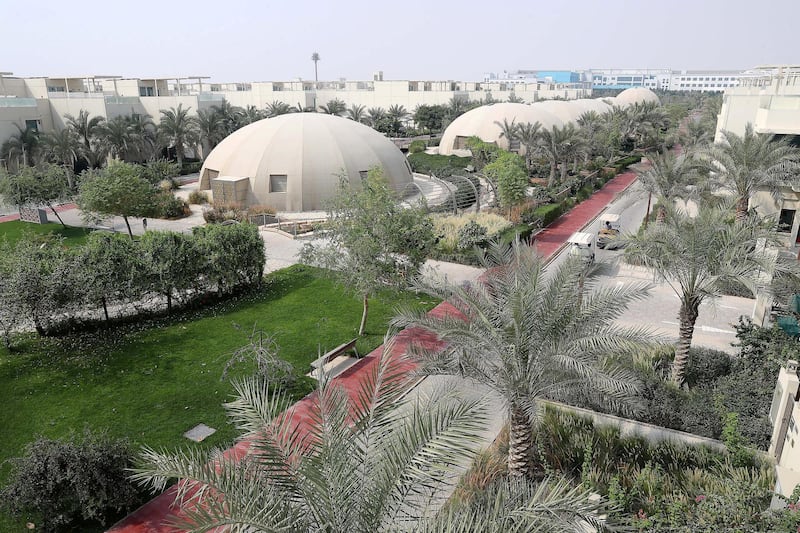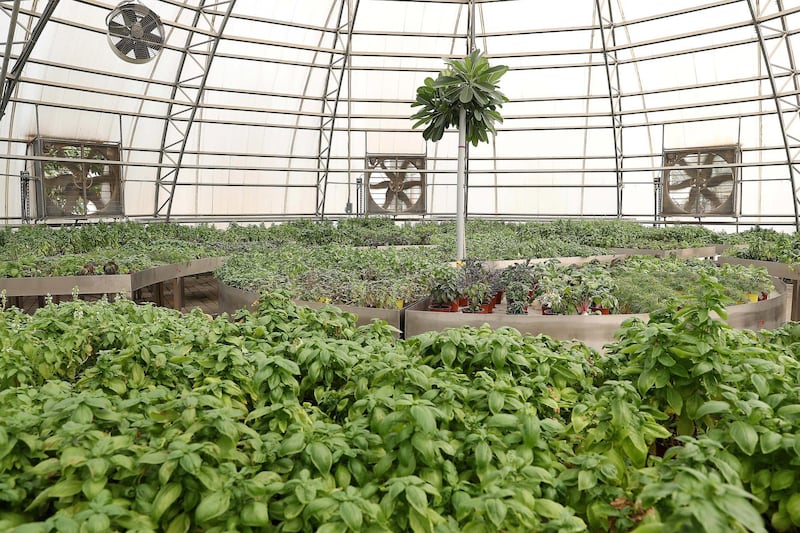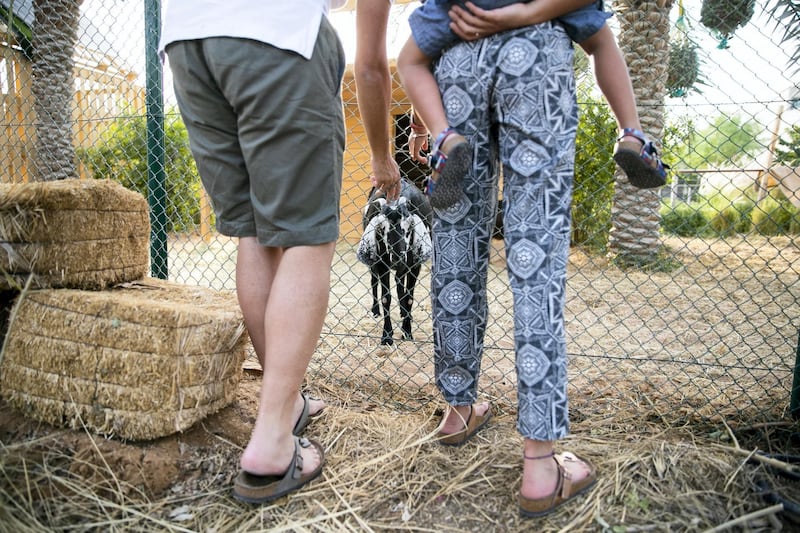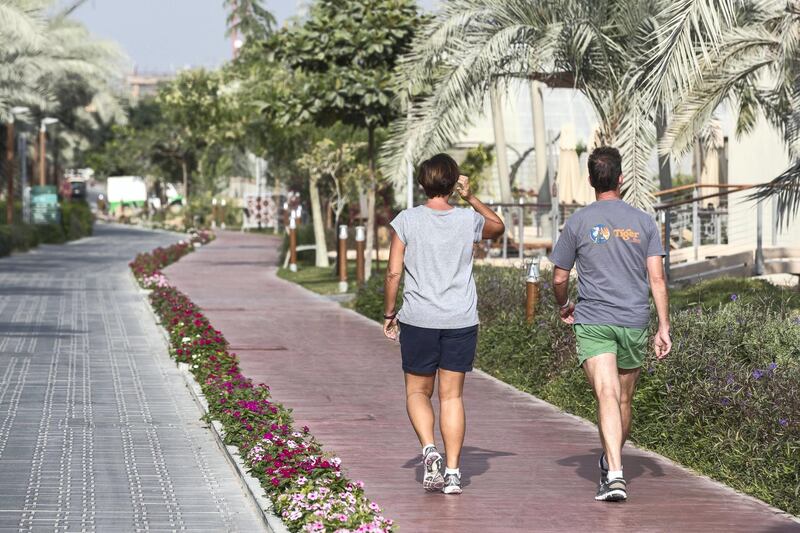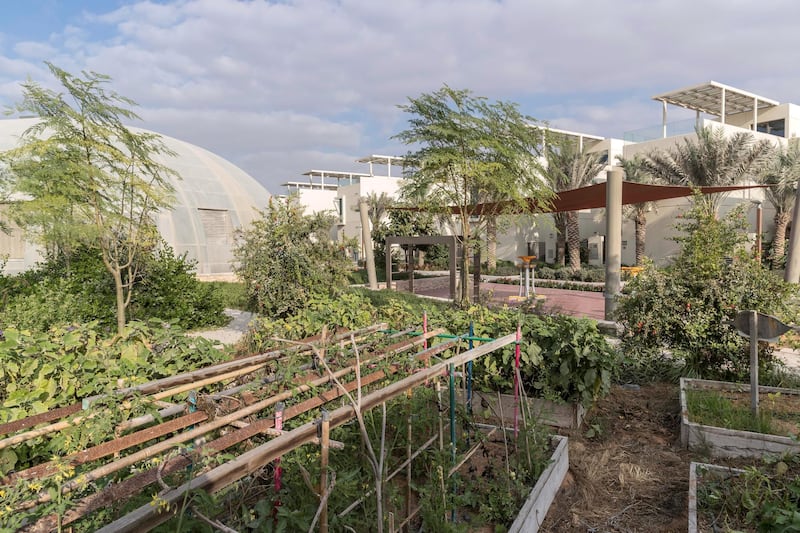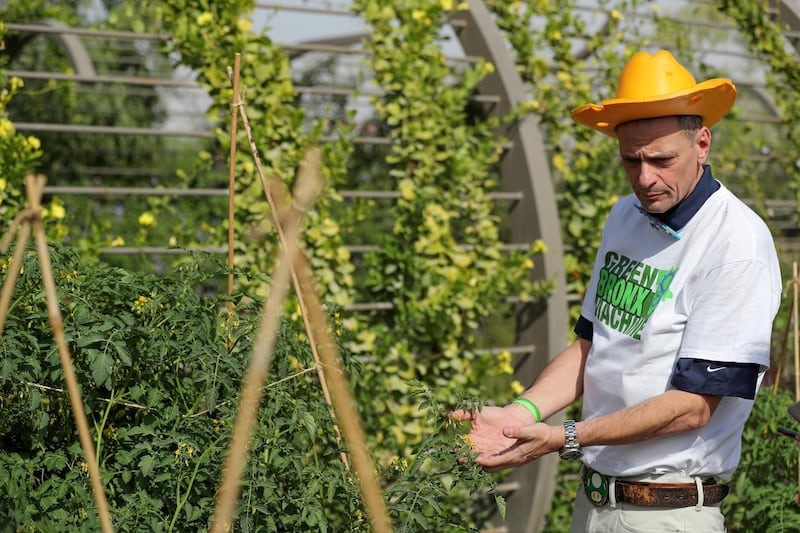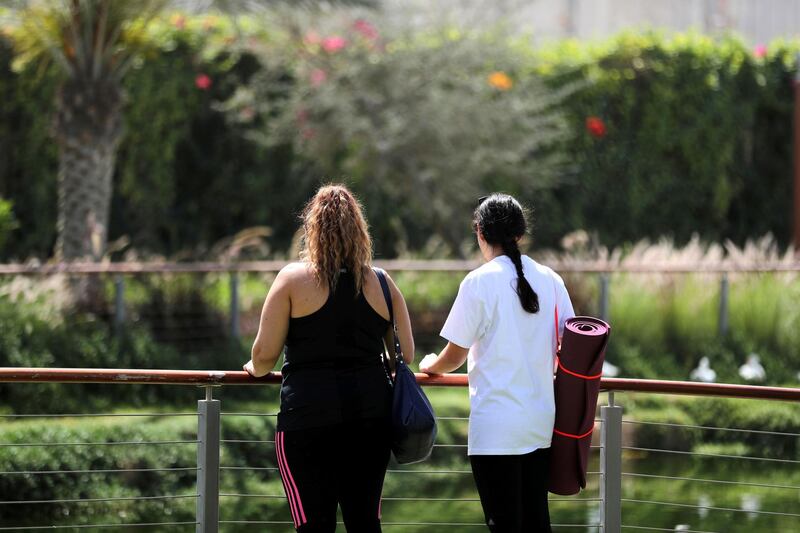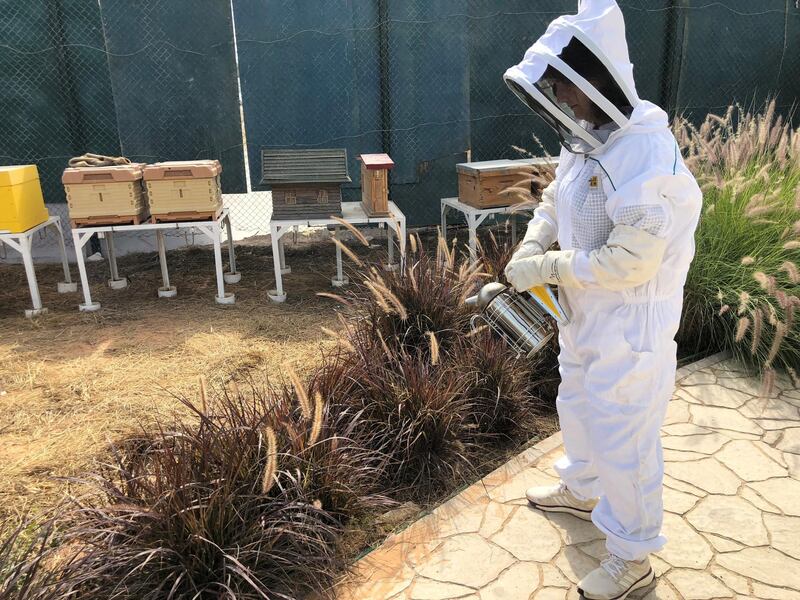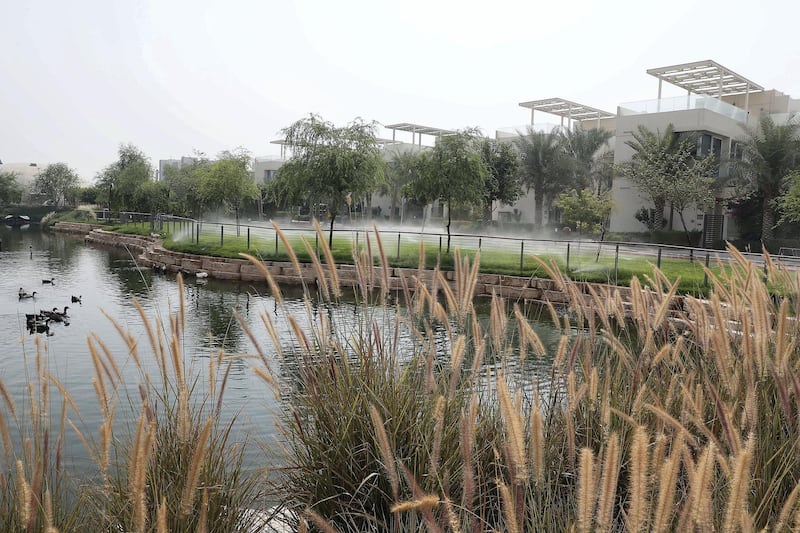A look inside the gates of Dubai’s Sustainable City offers a glimpse into how more of us could live our lives in the future.
The growing eco-development, surrounded by desert on the outskirts of Dubai near Emirates Road, is fast becoming famous for its harnessing of the environment to power modern life.
In just two years, the 465,000 square metre mini city has grown to become a thriving community of like-minded inhabitants, all with a keen eye on energy efficiency.
And the successes of its ecological ideology are all too clear – with villa occupancy rates at around 98 per cent and a waiting list for new residents.
“Most people don’t come to the community for the social side of life here, but it’s something they very quickly discover once they arrive,” said Karim Al Jisr, executive director of the development’s innovation centre.
“The sense of community is not something that’s easy to pitch without coming here, but once people live here it becomes the number one attraction and the driver to get people to stay.
“Utility bills are low and service charges are zero, so there are lots of attractive factors.
“People have access to farming, they can grow their own food and that also attracts a certain mindset.”
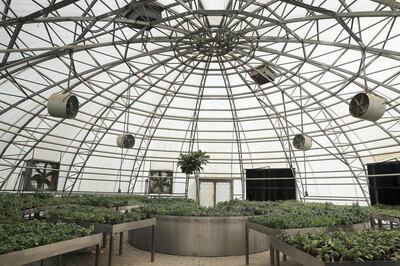
Dubai’s Sustainable City sits on the southern outskirts of the rapidly expanding metropolis.
Residential areas within the complex are car-free zones and instead the community has access to a fleet of 124 shared electric buggies.
Last year, the vehicles were used to drive a total of 216,735 kilometres. A driverless shuttle system that can carry 11 passengers is also being trialled.
There is also a Dh10,000 incentive to switch to an electric vehicle for use outside of the community, with multiple charging points available in the parking zone near the city's entrance.
On Wednesday, developers said they hoped the community would become the region’s first net zero energy residential zone through its use of solar energy.
Villas generate electricity from photovoltaic panels and return the surplus to the national grid, with the excess taken off monthly household bills.
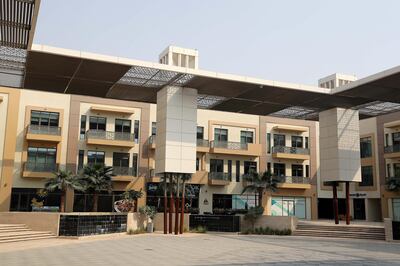
Phil Dunn, 46, a landscape architect from Canada lives in the city with his wife and two children.
“Urban farming has really connected people,” he said. “There’s no better way of growing a community than physically growing in the community.
“We are growing food and becoming friends with our neighbours and it has created a real sense of stewardship.
"It attracts a wide range of different people, from housemaids, to kids, stay at home mums and working dads at the weekend.
“We mostly grow vegetables, but also fruit trees, like lemon, lime, mango and pomegranate, and we’ve harvested nearly 60,000 tonnes of dates that the community have either shared or sold off commercially to invest back into the community."
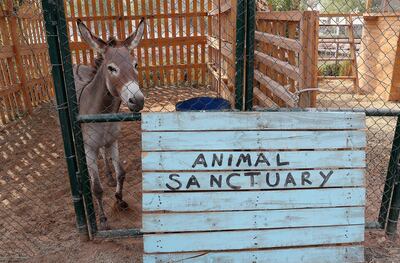
Mr Al Jisr said the farm uses aquaponics, an integration of aquaculture with hydroponics, to farm fish and plants together.
“The reason that aquaponics is such a unique solution is that the fish waste provides a food source for the plants, while the plants filter the water for the fish," he said.
“Residents are also offered vouchers every month where they can pick up their own herbs from the farming operation.”
Sustainable City's success could now be used as a benchmark for how to build similar communities in the future.
________________
Read more:
[ UAE minister outlines new drive to create 'Silicon Valley' of food production technology ]
[ Forward-thinking plan served up to protect UAE's future food supply ]
[ Save the bees before it's too late ]
_________________
In July, the Sustainable City became the first gated community in the UAE to release its greenhouse gas inventory to give an indication of the emissions produced there.
During 2017, 563 villas and apartments were occupied by about 1,900 people. Results showed the average greenhouse gasses were almost half that of a conventional UAE home.
“These results confirm the Sustainable City is continually working to fight climate change and proactively reducing our carbon emissions,” said Faris Saeed, CEO of Diamond Developers, the company behind the city.
“Moving forward, we will be taking steps to further reduce our emissions through the addition of more solar energy, biodiesel for construction activities, and various awareness campaigns for residents.”
Mr Dunn added: “It’s a very diverse community in the urban farming areas. The kids have taken a big interest and we have four special gardens set aside for the children to grown what they want.
“It has been so successful we’ve extended it into summer, and we’ve been able to grow crops in the summer that is very impressive.
“We have common compost bins set up around the community to use our waste and we don’t use any pesticides. Six bee hives are in the community to help with pollination.”
